Stomach Cancer Surgery
Surgery is often part of the treatment for stomach cancer (gastric cancer), if it can be done. If the cancer hasn’t spread to other parts of the body, surgery (often along with other treatments) offers the best chance to try to cure the cancer.

Symptoms
Symptoms of stomach cancer may include:
- Persistent abdominal pain or discomfort.
- Unexplained weight loss.
- Loss of appetite.
- Nausea or vomiting.
- Difficulty swallowing.
- Feeling full after eating small amounts of food.
- Fatigue or weakness.
- Blood in the stools or vomit.
Diagnosis
The diagnosis of stomach cancer involves various tests, including:
- Endoscopy: A thin, flexible tube with a camera is used to examine the inside of the stomach and collect tissue samples for biopsy.
- Imaging tests: X-rays, CT scans, or MRI scans may be performed to evaluate the extent of the cancer and identify any metastasis.
- Biopsy: Tissue samples taken during endoscopy or surgery are examined under a microscope to confirm the presence of cancer cells.
Who Needs Stomach Cancer Surgery
Stomach cancer surgery may be recommended for individuals who have been diagnosed with stomach cancer and meet certain criteria. The decision to undergo surgery depends on factors such as the stage of cancer, location of the tumor, overall health, and patient preferences.
When to See a Specialist
It is important to consult with a specialist, such as a gastroenterologist or surgical oncologist, if you experience persistent symptoms or have been diagnosed with stomach cancer. They can provide a comprehensive evaluation, discuss treatment options, and guide you through the surgical process.
Types of Treatment for Stomach Cancer Surgery
- Partial Gastrectomy: Removal of a portion of the stomach where the tumor is located.
- Total Gastrectomy: Removal of the entire stomach.
- Lymphadenectomy: Removal of nearby lymph nodes to check for cancer spread.
- Minimally Invasive Surgery: Laparoscopic or robotic-assisted techniques that involve smaller incisions and shorter recovery time.
- Palliative Surgery: Aimed at relieving symptoms and improving quality of life in advanced stages of stomach cancer.
Road to Recovery
The recovery process after stomach cancer surgery can vary depending on the extent of the procedure and individual factors. It may involve a hospital stay, pain management, dietary modifications, and a gradual return to normal activities. Rehabilitation and support from healthcare professionals can aid in the recovery process.
Risk Management
To manage risks associated with stomach cancer surgery, it is important to:
- Follow the post-operative instructions provided by the healthcare team.
- Take prescribed medications as directed, including pain relievers and antibiotics.
- Adopt a healthy diet recommended by a dietitian to aid in healing and prevent complications.
- Attend follow-up appointments to monitor recovery and address any concerns or complications promptly.
Frequently Asked Questions
1.Will I be able to eat normally after stomach cancer surgery?
The ability to eat normally may be affected after stomach cancer surgery, especially in cases of total gastrectomy. Dietary modifications and working with a dietitian can help adapt to changes and ensure proper nutrition.
2. What are the potential risks or complications of stomach cancer surgery?
Possible risks and complications include infection, bleeding, leakage at the surgical site, digestive problems, and changes in eating habits. The healthcare team will closely monitor for and address any complications that arise.
3. Will I need additional treatments after stomach cancer surgery?
Depending on the stage and characteristics of the tumor, additional treatments such as chemotherapy, radiation therapy, or targeted therapy may be recommended to eliminate any remaining cancer cells or reduce the risk of recurrence.
4. How long does it take to recover from stomach cancer surgery?
Recovery time varies for each individual, but it generally takes several weeks to months to fully recover from stomach cancer surgery. The healthcare team will provide guidance on post-operative care and monitor your progress.
5. Can stomach cancer come back after surgery?
Stomach cancer can potentially recur after surgery. Regular follow-up visits and surveillance tests are essential to monitor for any signs of recurrence and ensure early detection and treatment if necessary.
Treatians As The Best Choice
Treatians understand that seeking medical treatment abroad can be a daunting experience for patients and their families. That’s why the company offers end-to-end support to its clients, from the initial consultation to post-treatment care. The company provides personalized treatment plans that are tailored to meet the individual needs of each patient, and its team of dedicated professionals is always on hand to provide guidance and support throughout the entire process. Contact us at +91-7982312582
, drop your email [email protected]
- Trauma & intensive care
- Aged Care
- Community Services
- Diagnosis & Investigation
- Medical & Surgical
- Mental Health
- Rehabitation
- Specialised Support Service
Doctors
Service Recipient Says

Oxmox advised her not to do so, because there were thousands of bad Commas, wild Question Marks and devious.
Kolis Muller NY Citizen
Oxmox advised her not to do so, because there were thousands of bad Commas, wild Question Marks and devious.
Kolis Muller NY Citizen











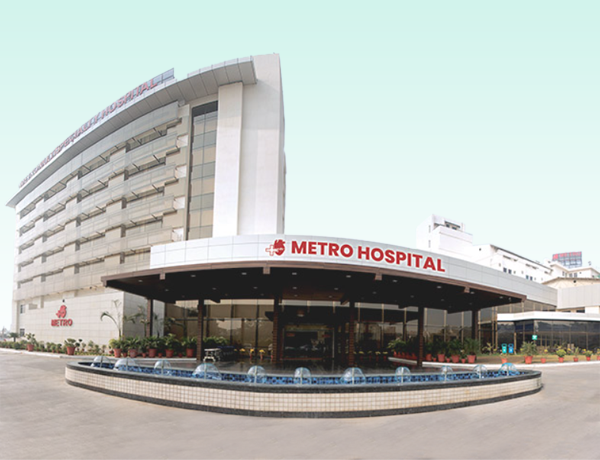
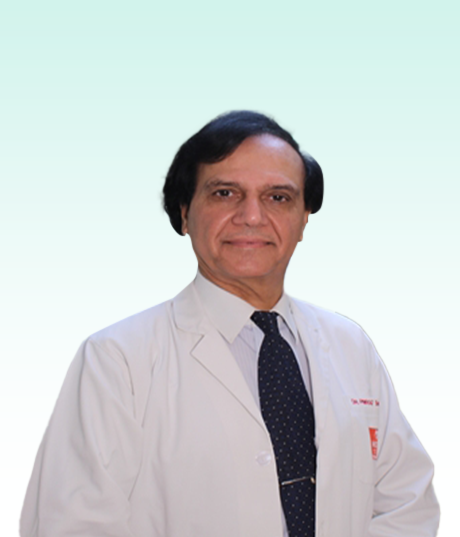
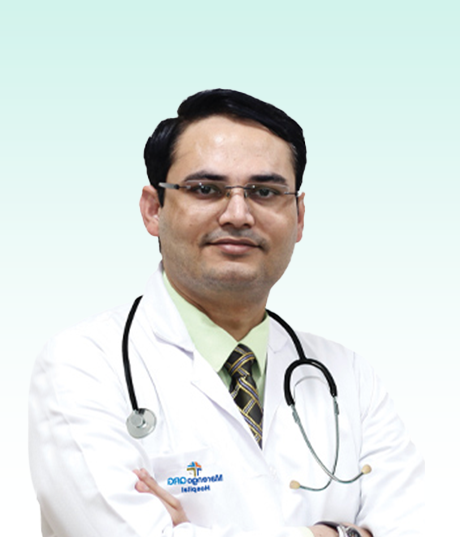
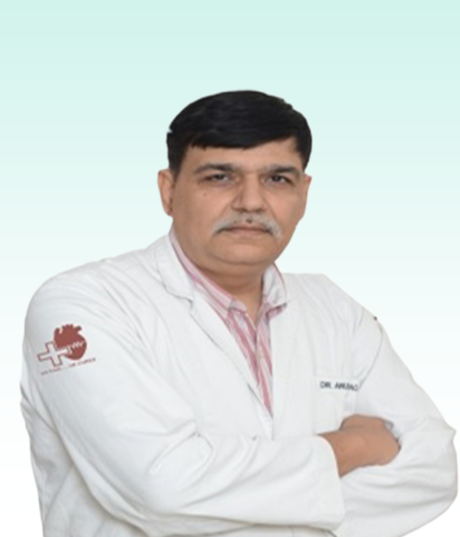
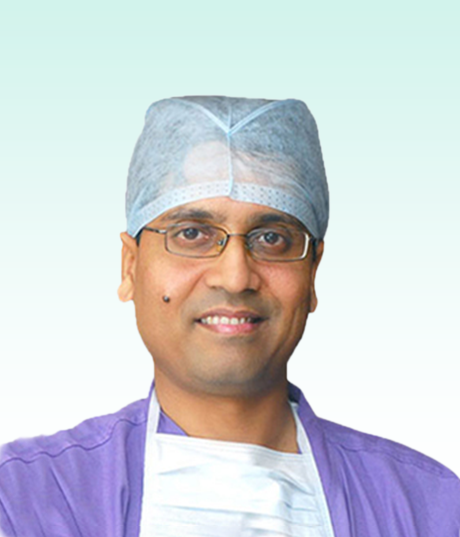






Oxmox advised her not to do so, because there were thousands of bad Commas, wild Question Marks and devious.
Kolis Muller NY Citizen